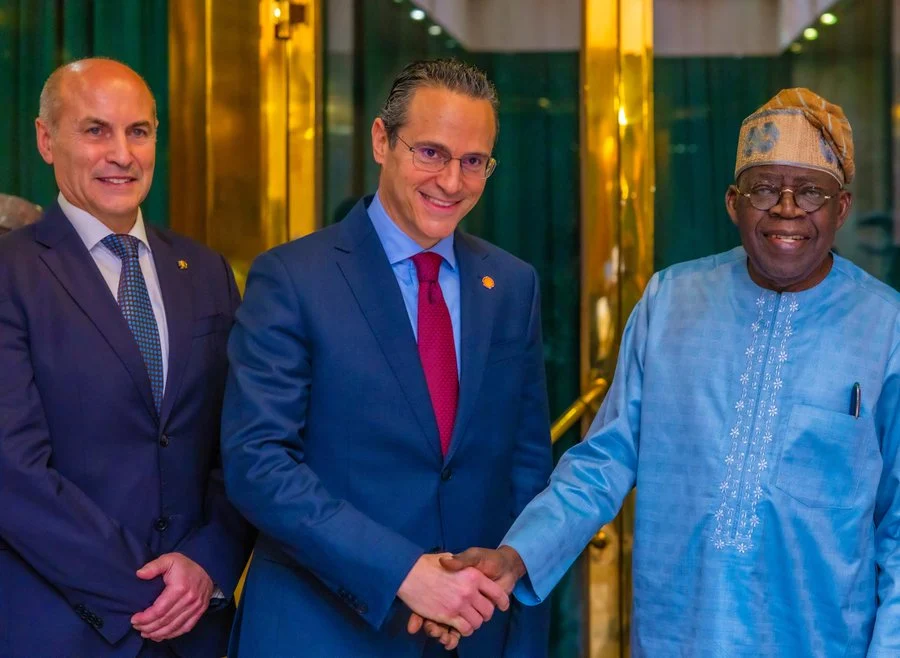The African Space Agency officially opened last month under the African Union, with its headquarters in Cairo.
Still in the process of staffing key roles, the agency will coordinate national space programs across the continent.
Its goal is to enhance Africa’s space infrastructure by launching satellites, establishing weather stations, and ensuring data sharing within Africa and beyond.
“Space activities on the continent have been happening in a very fragmented fashion,” said Meshack Kinyua, a space engineer and an Africa space policy veteran who now oversees capacity-building at the agency.
“The African Space Agency brings a coordination mechanism and economies of scale — it puts all members of the African Union at an equal level in terms of gathering data that they can access according to their needs.”
Africa is the poorest continent, with its people highly vulnerable to extreme weather intensified by climate change, despite contributing much less to global warming than developed nations.
The lack of detailed weather and climate data hinders governments from issuing timely warnings and prevents scientists from making accurate long-term climate predictions.
The African Space Agency marks a move toward addressing these challenges, Kinyua said.
It also plans to expand successful projects across the continent, such as early warning systems for fishermen in West Africa and the Congo River Basin.
Though the agency had been in the works for some time, its launch coincided with the Trump administration’s scaling back of the US Agency for International Development.
When 80% of USAID’s projects were cut, programs like SERVIR—a collaboration between USAID, NASA, and space agencies in developing countries focused on climate change, food security, and disaster management—were also affected.
“We need to ensure that African satellites can improve measurements and fill data gaps,” Kinyua said.
“These gaps will always be there, and we need to fill some of them ourselves, and engage with other agencies.”
The African Space Agency has already begun collaborating with the European Space Agency to train specialists and exchange expertise, particularly in satellite development and data processing. In Europe, national space agencies split the high costs of launching Earth observation satellites—sometimes reaching €800 million ($897 million)—and then share the data collected, said Benjamin Koetz, head of long-term action at the European Space Agency.
The African Union will fund the African Space Agency on a project-by-project basis.
“Getting financial resources is a challenge because there’s so much we need to do, and our resources are limited,” Kinyua said. “But we have to take baby steps before we start running.”
Africa’s early space leaders—Nigeria, Egypt, and South Africa—faced long delays in establishing and launching their space agencies because they had to build everything from the ground up, explained Danielle Wood, an associate professor and director of the Space Enabled Research Group at MIT.
“It shouldn’t take that long now that many African countries have space experience, and hopefully the best outcome is that new countries can look at existing examples and coordinate to go faster,” she said.










